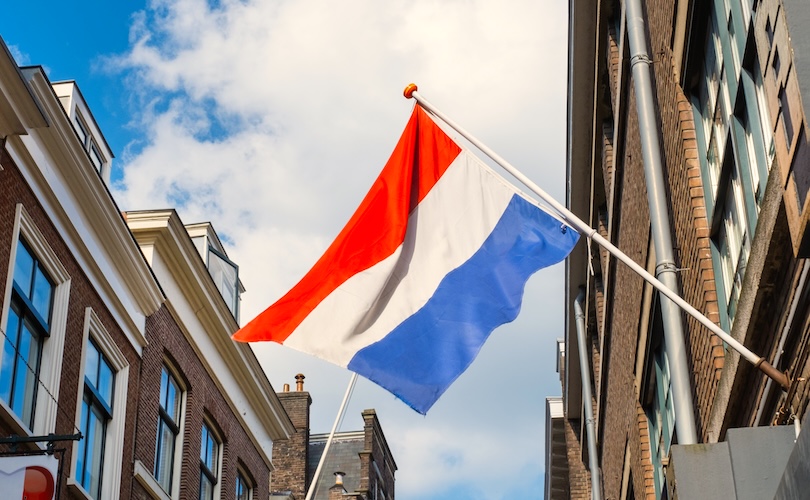The Dutch House of Representatives voted down a proposal that would have asked the government to push for a formal right to abortion in the Charter of Fundamental Rights of the European Union. The measure sought a symbolic political statement at an EU level rather than an immediate change in domestic law. The defeat marks a clear moment in an ongoing national and continental debate about how rights are defined and protected.
The proposal would not itself rewrite law in the Netherlands, but it would have signaled a desire for the EU to enshrine abortion as a Charter right. Supporters argued that such recognition would create a uniform standard across member states and protect access where it is under pressure. Opponents said the move would overstep national competences and raise deep moral and legal questions for member states with different traditions.
Votes like this reflect shifting political balances inside the Dutch parliament, where coalition dynamics and issue salience shape outcomes. Lawmakers considered political, ethical, and legal dimensions before making their choice, and the rejection shows there was not enough consensus for a Europe-wide declaration. This was as much about domestic politics as it was about EU-level human rights architecture.
Reactions split predictably along familiar lines: groups that favor expanded reproductive rights expressed disappointment and warned of implications for women’s access across Europe. Pro-life and conservative organizations welcomed the decision, calling it a defense of national prerogative and a check on what they see as overreach. Both sides framed the vote as a wider test of values and how they should be protected in law.
Legally, adding a right to the Charter could have created new grounds for litigation before EU courts, though the path from Charter language to enforceable legal outcomes is rarely direct. Courts interpret rights through case law, and the political act of adding a line to a charter would not automatically create new entitlements without follow-up legislation and judicial interpretation. Still, symbolic changes often shift the direction of later legal and policy debates.
Across Europe, debates about reproductive rights have taken different shapes, from legislative protections to judicial rulings and referendum battles. The Netherlands has a long history of liberal social policy, but public sentiment and political coalitions change, and issues that once seemed settled can return to the center of politics. This vote shows the topic remains contentious and capable of catalyzing broader conversations about rights, governance, and the limits of supranational authority.
On the international stage, the outcome may influence similar proposals in other member states or at EU institutions where language and precedent matter. Governments and advocacy groups watch these parliamentary moments closely because they can affect negotiating positions and public messaging. A rejection in one capital can cool momentum elsewhere or prompt new strategies by proponents who want a different route to recognition.
What happens next is likely to be incremental rather than dramatic: proponents may regroup and seek alternative paths, while opponents will highlight the vote as validation of their stance. Expect continued campaigning, strategic framing, and political maneuvering ahead of election cycles and high-profile legal battles. The issue will remain a touchstone for debates about rights, subsidiarity, and how Europe balances national diversity with shared values.

